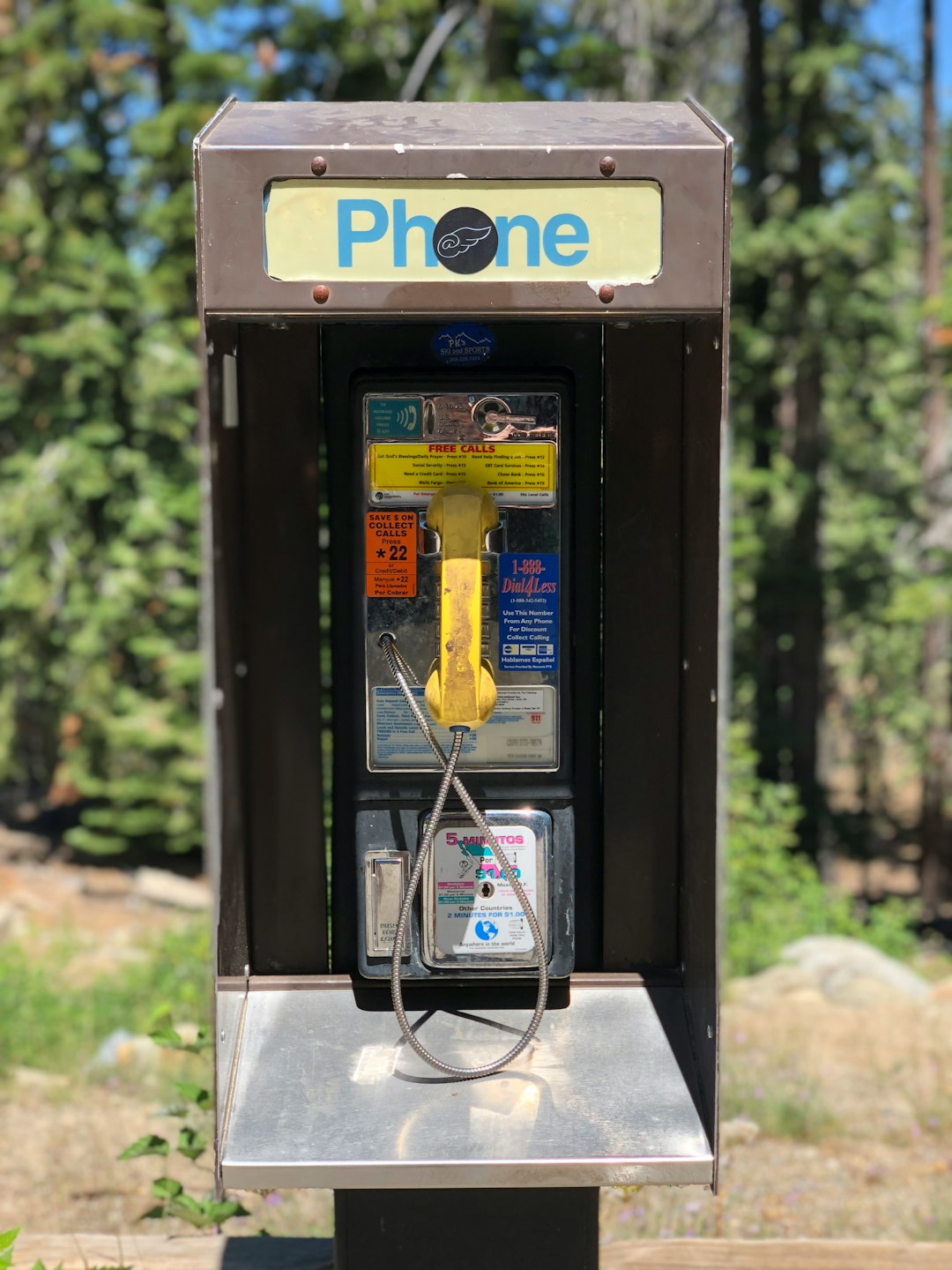Wyoming's debt collector laws, governed by a blend of state and federal regulations, prioritize consumer protection while facilitating legitimate debt recovery for creditors. Key protections include the right to request validation of debts, restrictions on aggressive or harassing tactics, and mandated transparent communication. Debt collectors must respect debtor rights, adhere to specific contact methods, and follow procedures like providing debt validation within 30 days and respecting a four-year limit for filing lawsuits. Both consumers and collectors must understand these laws to ensure compliance and fair practices.
“Navigating the complex landscape of debt collection laws in Wyoming is crucial for both debtors and collectors. This article serves as a comprehensive guide, delving into the rights and responsibilities outlined in Wyoming law. We explore the do’s and don’ts for debt collectors, time frames they must adhere to, and essential consumer protections. Understanding these regulations is key to ensuring fair practices and knowing your rights. By the end, folks will be equipped to protect themselves from unfair collection methods.”
Understanding Debt Collection Laws in Wyoming

In Wyoming, debt collection laws are governed by both state and federal regulations, ensuring a balanced approach to protect consumers while enabling legitimate debt recovery for creditors. The Fair Debt Collection Practices Act (FDCPA) serves as a key federal guideline, dictating how debt collectors can interact with debtors. This legislation restricts aggressive or harassing collection tactics and mandates transparent communication.
Wyoming’s specific laws further safeguard individuals from unfair practices. These state-level regulations cover areas like the validity of debts, disclosure requirements for collectors, and the process for filing suit. Understanding these laws is crucial for both consumers and debt collectors to ensure compliance and maintain fair debt recovery practices in the state.
Rights of Consumers Under Wyoming Law

Under Wyoming law, consumers have specific rights when it comes to debt collection practices. The state’s debt collector laws are designed to protect individuals from unfair or abusive tactics often employed by collectors. One key right is the ability to request validation of the debt. Consumers are entitled to written confirmation from the debt collector, including details about the amount owed and the original creditor. This ensures transparency and helps consumers understand their obligations.
Additionally, Wyoming law restricts the methods debt collectors can use to contact consumers. Collectors cannot call at unreasonable times or use abusive, threatening, or harassing language. They must also adhere to fair notice practices when sending written communication. These rights provide a safety net for consumers, allowing them to navigate debt collection processes with more clarity and confidence while ensuring their interactions remain within the boundaries of the law.
Practices Debt Collectors Can and Cannot Engage In

Debt collectors in Wyoming must adhere to specific rules and regulations outlined by state laws, ensuring fair practices when pursuing outstanding debts. They are permitted to contact debtors to discuss repayment options and collect payments due. This includes making phone calls, sending written notices, and even engaging in negotiations. Debt collectors can also take legal action, such as filing lawsuits or seeking wage garnishments, but they must follow proper procedures and notify the debtor of their rights.
However, there are certain practices that debt collectors cannot engage in. They are prohibited from using abusive, oppressive, or humiliating tactics, including threats, harassment, or false statements. Collectors cannot call at unreasonable hours, use obscene language, or disclose personal information to third parties. Additionally, they cannot file lawsuits or take legal action until the proper procedures have been followed, ensuring debtors are aware of their rights and the potential consequences of non-payment.
Time Frames and Legal Actions for Debt Collection

In Wyoming, both state and federal laws govern debt collection practices. Understanding the time frames and legal actions available to debt collectors is crucial for consumers. According to the Fair Debt Collection Practices Act (FDCPA), debt collectors have a limited window to take certain actions after you’ve received a notice of debt. They must provide you with validation of the debt within 30 days, which includes information on the amount owed and the name of the original creditor.
If you dispute the debt within this period, the collection agency is prohibited from contacting you again until they verify it. Additionally, Wyoming law sets specific time limits for filing a lawsuit to collect a debt, typically within four years after the cause of action accrues. Consumers have rights during this process, including the right to request validation of the debt and to be free from abusive or harassing collection practices.
How to Respond and Protect Yourself from Unfair Debt Collection Practices

When faced with debt collection, it’s crucial to understand your rights under Wyoming’s debt collection laws. The first step is to verify the validity of the debt and the collector’s authority to contact you. If you believe the debt is inaccurate or you’ve already paid it, communicate this clearly and assertively. Document all interactions with the debt collector, including dates, times, and a summary of conversations.
To protect yourself from unfair practices, keep records of all your communications, make sure you understand the terms of any agreements, and never provide sensitive information unless you’re certain the party is legitimate. If you feel your rights are being violated, consult with a legal professional who specializes in consumer debt law to explore options under Wyoming’s debt collection laws for resolution or legal action.






